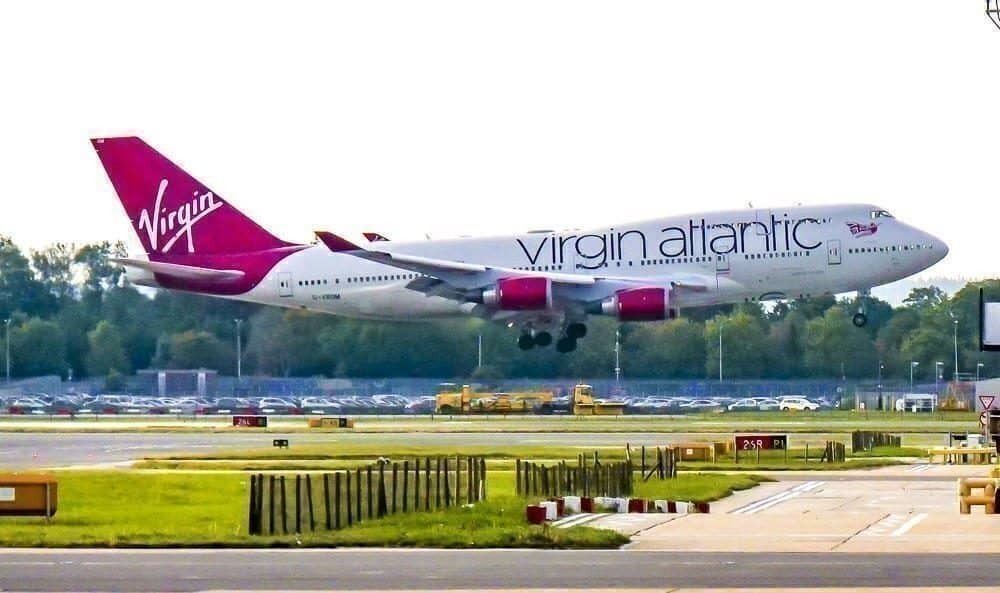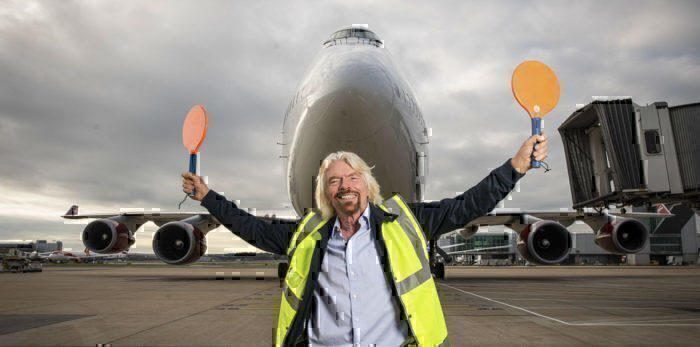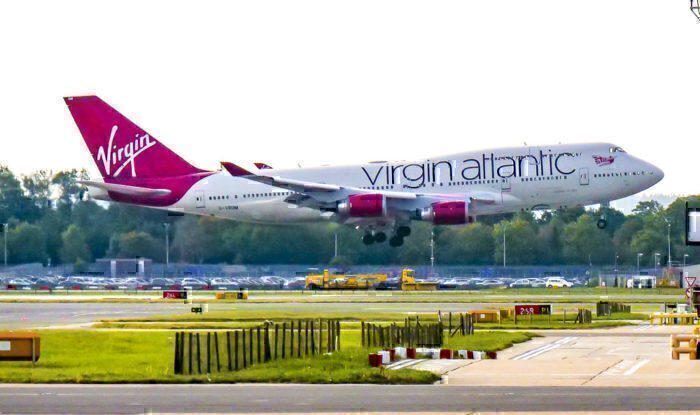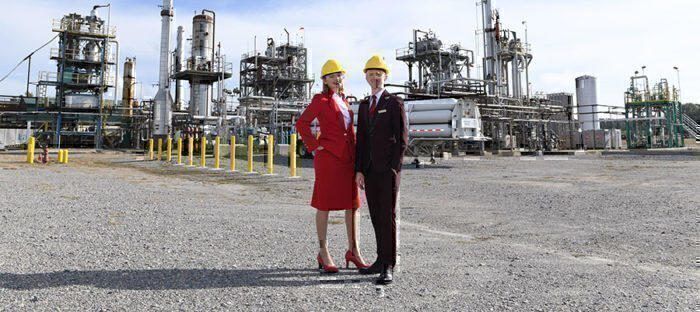Flying is a fun thing to do for many people. In fact, as somebody who writes about aviation, I guess you could say I find it more fun than most people. One thing that is impossible to ignore, however, is the environmental impact. In fact, when I was considering commuting to London from Frankfurt, one of the key things that turned me off was just that. Despite airlines and manufacturers noticing the effect that flying has on the environment, and actively trying to do something about it, the fact remains that every flight in the air gives out a certain amount of CO2. Virgin Atlantic is attempting to substantially reduce the environmental cost of their operations with a new type of fuel.
Recycled Carbon
Virgin Atlantic is trialling a new type of aviation fuel. While being made from recycled carbon from industry, the new fuel is set to be significantly better for the environment than regular jet fuel. The bonus is that the fuel works as well as regular aviation fuel, if not better. This means that by using the new fuel, the airline has nothing to lose. While it may cost a tad more with the technology being brand new, the recycled fuel will almost certainly become cheaper than regular fuel. The timing also couldn’t be better as the rising cost in fuel has prompted airlines such as Emirates to re-evaluate their costs.
Maiden Voyage
The first flight to use this new fuel was Virgin Atlantic’s flight from Orlando to London Gatwick which departed yesterday. The flight departed from Orlando at around 1946, 4 minutes ahead of schedule. VS16 then went on to land at London Gatwick this morning at 0858, 7 minutes ahead of schedule.
Virgin Atlantic founder, Sir Richard Branson, was at the gate to welcome the flight to London. Speaking at a press conference afterwards he said: “Long haul travel is more important than ever for connecting people around the world. And it’s our responsibility to ensure we’re doing that in the most sustainable way possible. Working with LanzaTech will enable us to drastically reduce our carbon emissions and at the same time, help support UK industry. That’s why we’re so excited to showcase this fuel on its first commercial flight as we plan for the world’s first full scale jet fuel plant using this amazing new technology.”
Cutting Edge Technology
Virgin’s successful flight is ultimately the culmination of an awful lot of hard work. In fact, to get the B747 into the sky using the renewable fuel Virgin Atlantic had to work with a number of partners. This included well-known names in the industry such as Boeing, Honeywell, and GE, as well as Orlando airport where the fuel would’ve been loaded onto the aircraft. The groundbreaking fuel would have also undergone an awful lot of testing. Despite the potential benefits, no airline in their right mind would operate a commercial aircraft with untested fuel onboard. The results of such a move would be catastrophic, let alone reckless.
A successful test of the new cleaner fuel is undoubtedly a win for the aerospace industry. While it may take a while for the fuel to be rolled out over a global scale, this is certainly a positive first step.




